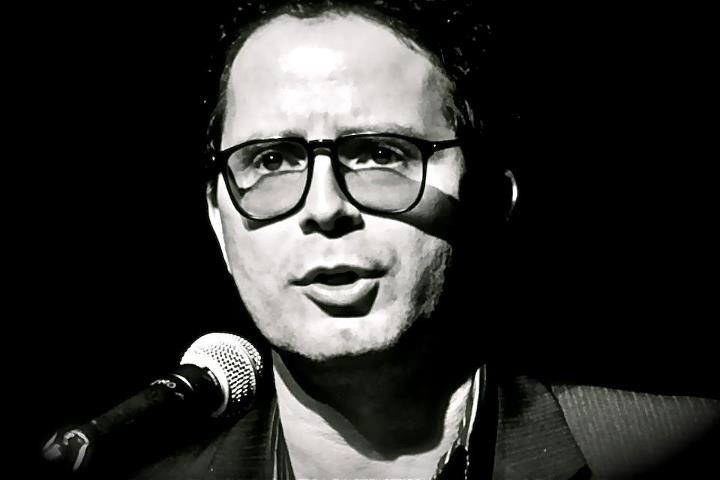As part of our ongoing effort to help raise some funds for Radio Payumat in Cauca, Colombia, and more importantly, raise awareness about the struggles of indigenous people in that country, we are organizing a number of events in the NY Tri-state area. This is especially urgent given recent events in Colombia directly affecting ACIN's Communication Team, and the larger movement. One of the media workers of ACIN, Gustavo Ulcué, was targeted by the forces of reaction in Cauca, having been visited by two hitmen in his house who did not find him at home at the time. Gustavo is one of the main designers and coordinators of ACIN's website. The threats against the indigenous movement continue, as we also saw recently with the massacre of Awa indians by FARC rebels in southern Colombia. It is important to show solidarity with these struggles in light of the constant attacks and threats directed at a sector of Colombia's popular movement that is at the forefront of the struggle for social transformation and justice.
On Sunday, February 15th, we have the special brunch event at the Cinema Arts Center in Huntington, LI, and on the 26th of February, Tiokasin has set up a talk and screening at the Blue Stockings Bookstore and Cafe in lower Manhattan. Please help us spread the word. Here are the details!
BLUE STOCKINGS Thursday Feb 26, 2009 7:00 PM REMINDER!!!
172 Allen St.
New York, NY 10002
212.777.6028
Open Every Day
11am - 11pm
Thursday, February 26, 2009 at 7:00 pm
Association of Indigenous Councils of Northern Cauca, ACIN
Screening and discussion with Mario Murrillo from WBAI's Wake Up Call. A suggested donation of $5 will help purchase a new radio transmitter that was blown up during the recent violent acts against Indigenous people in Colombia.
Last November, after word spread across this Indian reservation that seven people had been kidnapped by leftist rebels, the community's unarmed "Indigenous guard" sprang into action. Within minutes, hundreds of men, women and children were out on roads and pathways searching for the hostages, communicating by radio, cellphone and shouts. Many held lanterns that, as the search continued after nightfall, made the rescue party seem an eerily glowing centipede snaking up and down hillsides.
Soon, the guards had found the hostages. The rebels were holding them in a school, which was quickly surrounded by hundreds of Indians, who, lanterns held high, kept a silent vigil. A guerrilla leader threatened violence and fired his weapon into the air, but no one budged. After a brief standoff, the unarmed Indians secured the hostages' release.
The incident in November was a dramatic example of how many of Colombia's 92 Indigenous communities use a common front and an almost Gandhian stance of nonviolence to coexist with, and sometimes prevail over, the rebels, drug traffickers, paramilitary fighters and government soldiers who for decades have battled one another in the country.
"We forbid violence. All we have is the power to convene," Rodrigo Dagua, leader of the Jambalo tribe, said as he held the so-called staff of command, a ceremonial rod that confers authority on its holder. "It's what keeps us alive."
The peaceful approach doesn't always work for Colombia's Indigenous people, who number about 1.4 million, or 3% of the population.
For the last decade, the Wayuu tribe in northeastern Colombia has suffered killings and extortion at the hands of paramilitary bands who covet the Caribbean coastline bordering their reservation. Indians in Putumayo state's Sibundoy Valley have been chased off their ancestral lands to make way for coca plantations.
In October, an Indian marcher here in Cauca state in Colombia's southwest was shot and killed by police as he took part in a protest against the government's failure to deliver 45,000 acres to local tribes as promised in a 1991 land reform plan. Cauca's 18 Indigenous communities had declared a minga, or collective movement, and had shut down the Panamerican Highway.
--
Tiokasin Ghosthorse
Oyate Tokaheya Wicakiye
FIRST VOICES INDIGENOUS RADIO
Thursdays 1Oam-11am

No comments:
Post a Comment